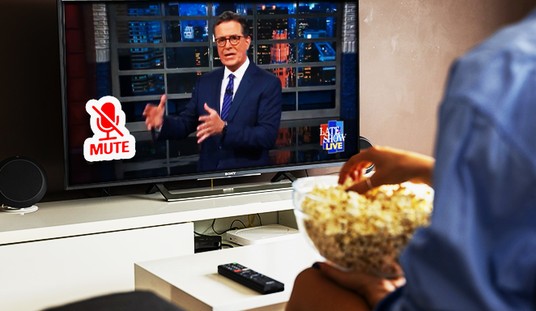FBI director James Comey had a few harsh words about privacy rights in the United States this week which will likely have the more libertarian leaning among us up in arms. Speaking at a conference in Massachusetts, Comey declared that Americans should no longer have an expectation of “absolute privacy” in their daily lives. He was attempting to address issues of unbreakable smart phones and investigations by law enforcement agencies but he wound up opening up a whole different can of worms. (Fox News)
FBI Director James Comey said Wednesday that Americans should no longer have the expectations of complete privacy.
Comey, who was the keynote speaker at a cybersecurity conference at Boston College, said there is no longer “absolute privacy” in the U.S., Politico reported.
“Even our memories aren’t private,” he said. “Any of us can be compelled to say what we saw. In appropriate circumstances, a judge can compel any of us to testify in court on those private communications. There is no place in America outside of judicial reach.”
Comey’s comments came less than 24 hours after WikiLeaks released files from the CIA which appear to show that the agency has the ability to hack cars, TVs and smartphones.
To be fair to Comey, at least one element of what he’s talking about has significant merit. He gave a nod to the Bill of Rights and the concept that Americans deserve to be secure in their “homes, cars and devices” but also noted that even those bastions of privacy are not immune to a properly issued warrant. That’s a bit of a spin on the original Constitution but the concept is absolutely true. While privacy rights advocates tend to rail against me on this one, there is no reason that the manufacturers of phones, tablets and laptops should be either unwilling or unable to crack their own encryption and deliver the data of legitimate suspects in criminal investigations when properly compelled to do so by a court.
Unfortunately for the director, his remarks came at a rather awkward moment when you consider that the CIA was just hacked and many of their own hacking tools are now doubtless in the hands of the bad guys. It’s not just our phones and laptops anymore, but even our televisions which can apparently be enslaved to spy on us in certain cases. Saying that we have no expectation of privacy from the nation’s intelligence agencies would carry a lot more weight if they were able to keep their own tools under control.
There is an underlying portion of Comey’s message which may be sobering but is equally hard to deny. Whether you’re one of the bad guys trying to hide your data from Uncle Sam or some Russian identity thief listening in on living room conversations through our televisions, we all need to be aware that we’re living in the 21st century. The Internet, as I have so often noted, eventually manages to find a way to ruin everything. No matter how well-crafted, this new ubiquitous technology can be turned on its head for devious purposes. You can limit your exposure if you want to spend a tremendous amount of time and energy constantly updating operating systems, changing passwords and paying for the best cyber security software. Or you can avoid the problem entirely by pretty much going off the grid, but how many of us really have that as an option?
The idea of privacy and security in our digital dealings was probably largely an illusion from the moment the first two computers managed to be connected to each other. The more complicated the system becomes, the easier it is to exploit. You won’t find any new answers coming from me here today because this is apparently just the new normal.









Join the conversation as a VIP Member